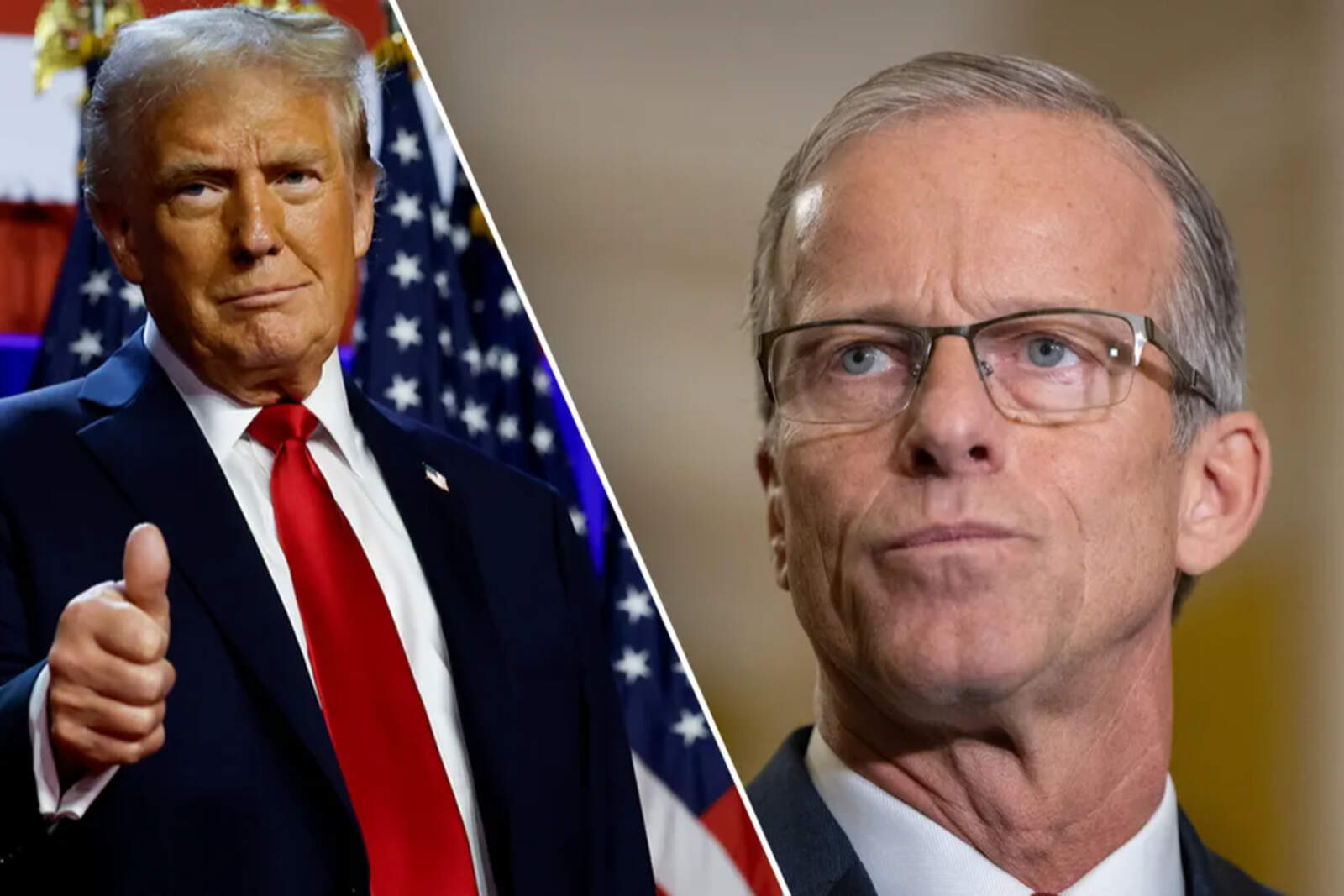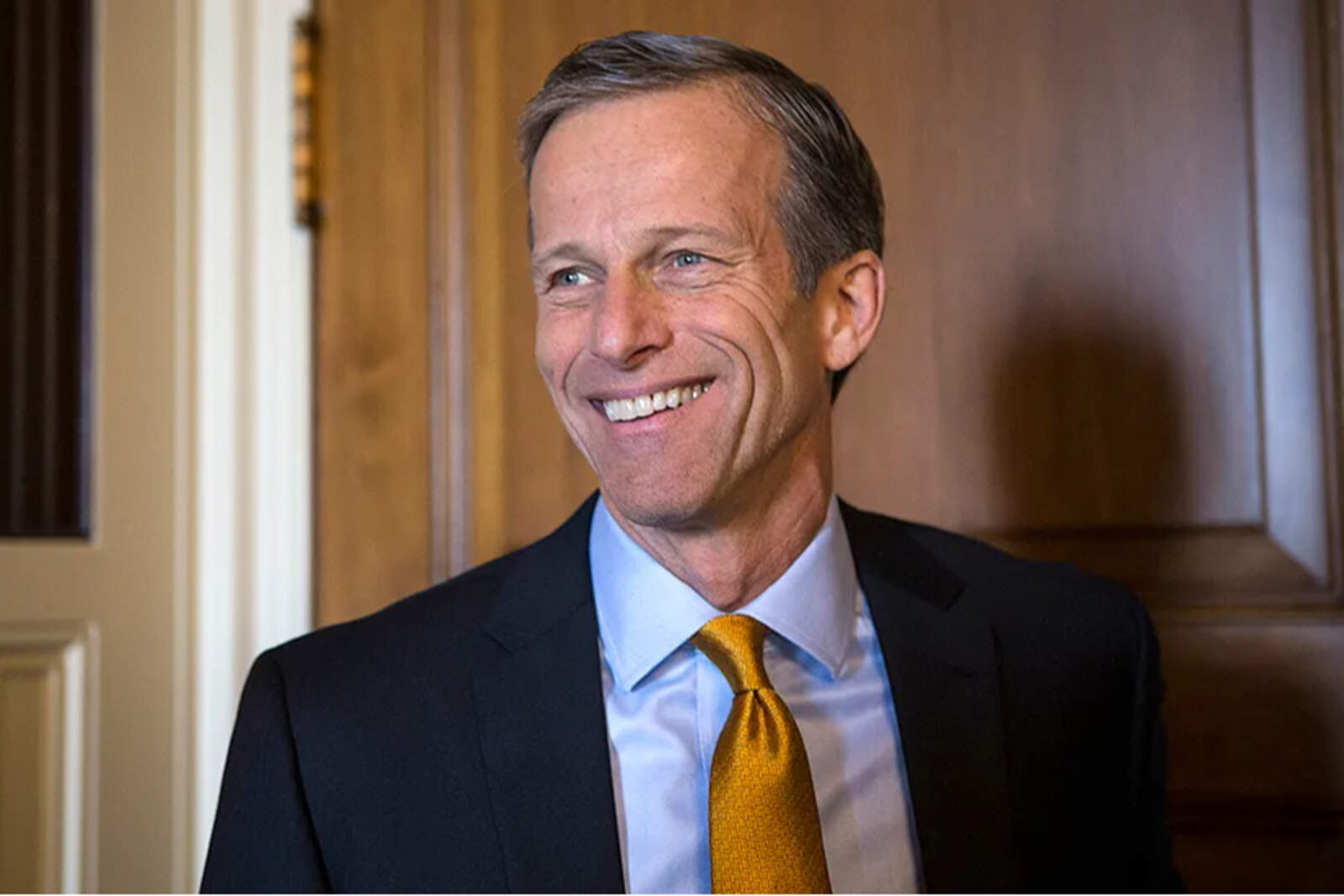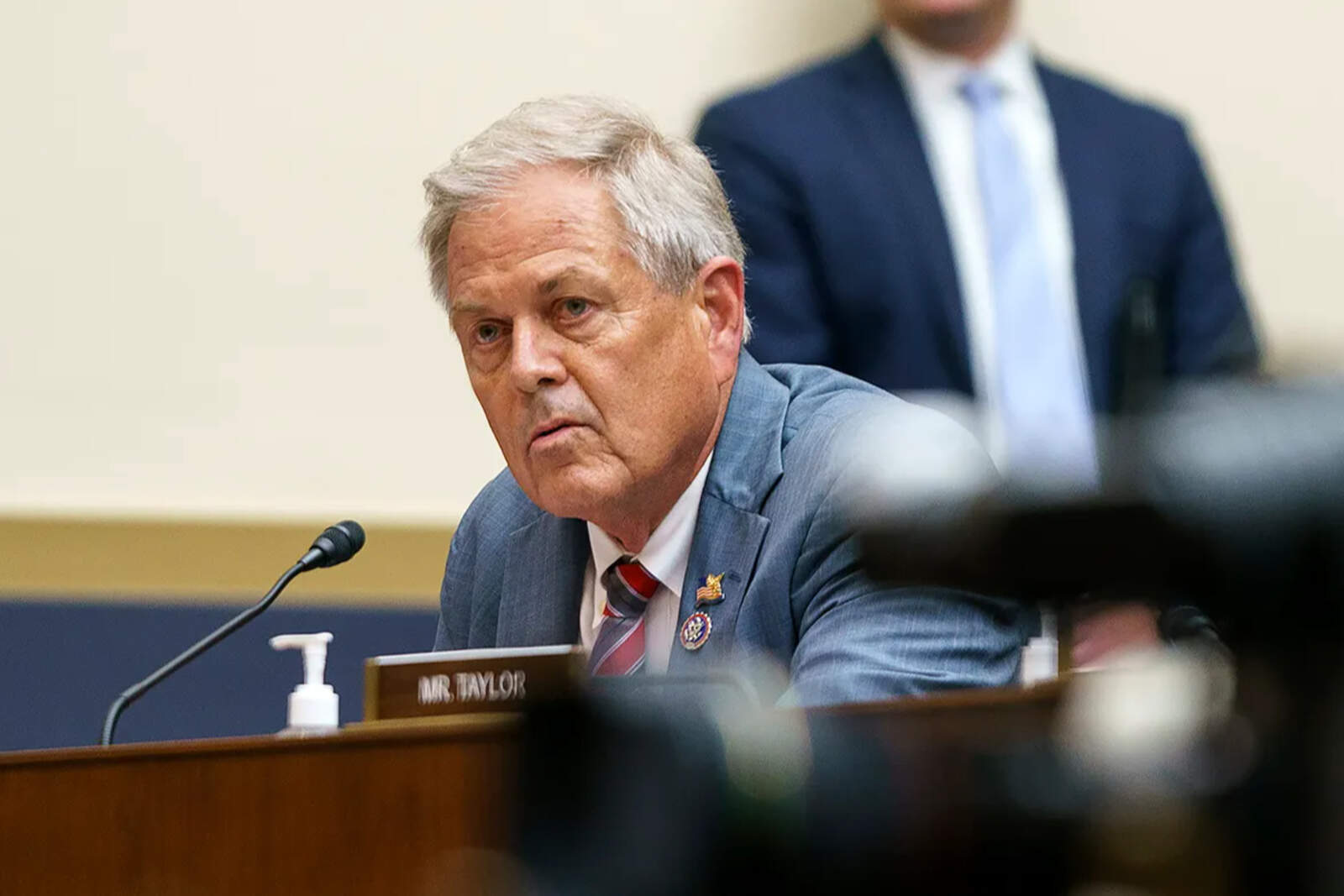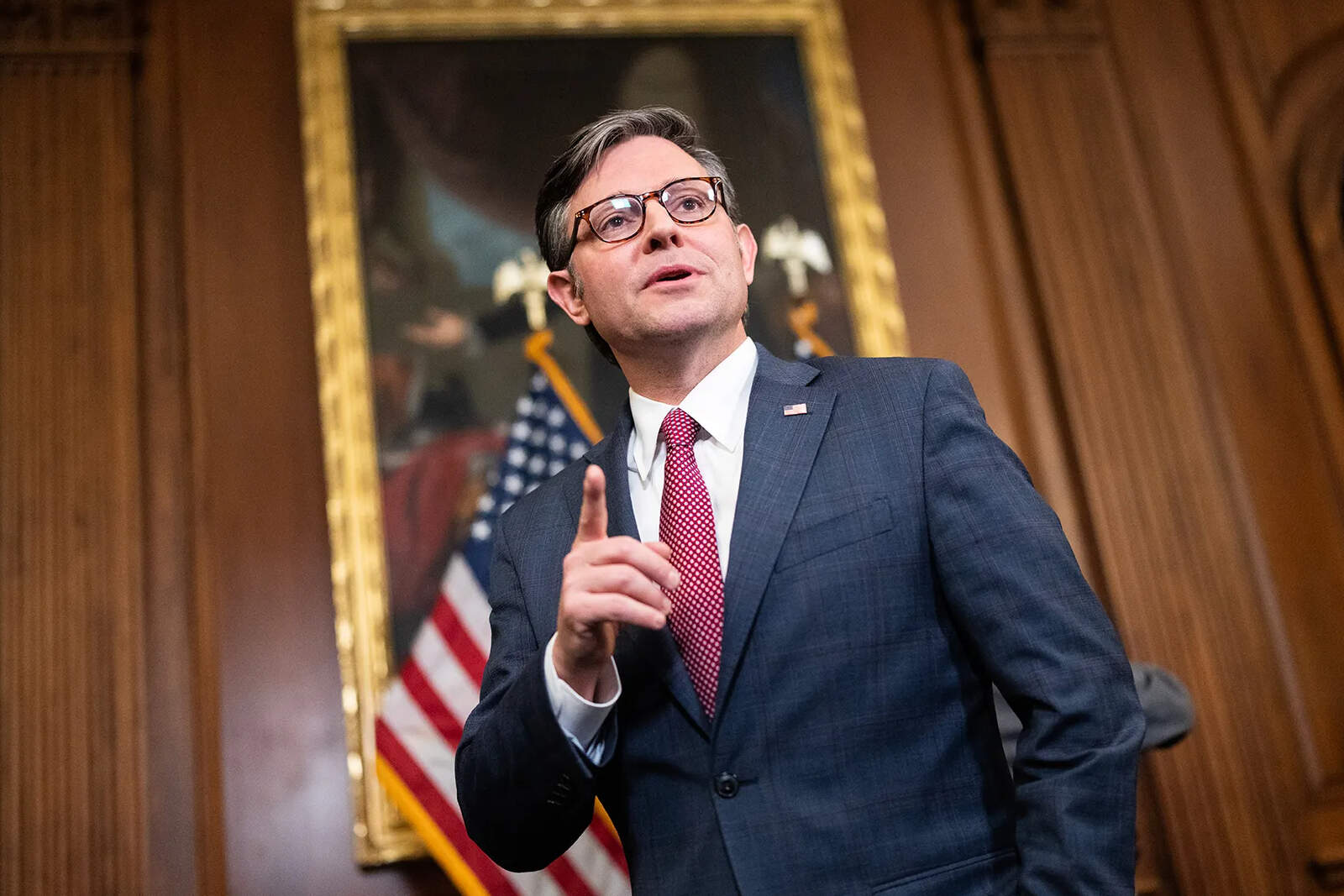Once again, we are beginning to see giant advances in President Donald Trump's legislative agenda. A marathon session in the upper chamber is expected to begin today, extending until Saturday.
Republican senators led by John Thune (North Dakota) will kick off, as they announced a few weeks ago, with the vote on a budget reconciliation text.
If the resolution is approved in the upper chamber, the legislative text must return to the lower chamber where the changes proposed by Senate Republicans will be approved or not.
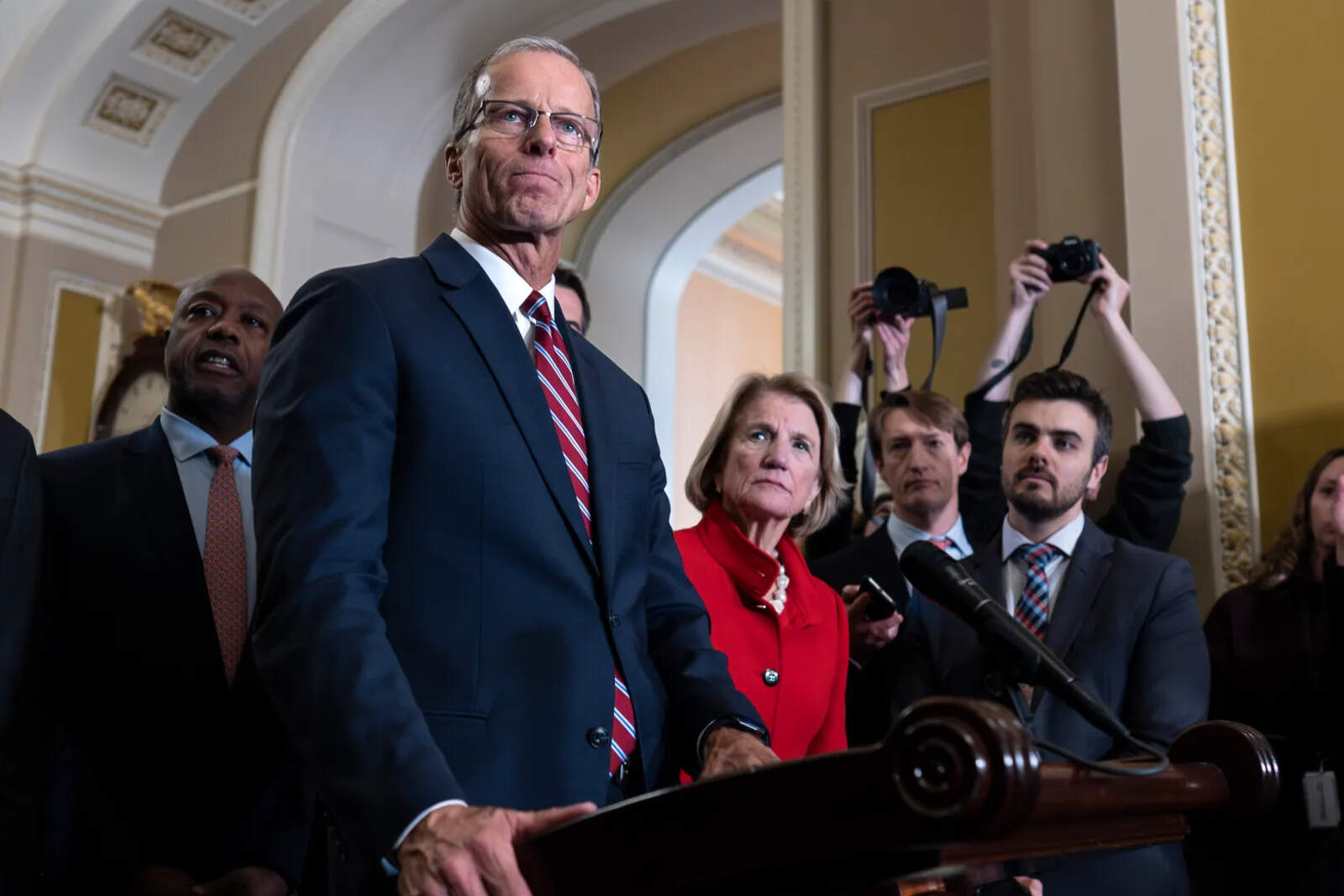
The process to be carried out is called "reconciliation." The reconciliation process in the United States Congress is a special legislative mechanism that allows certain bills related to the federal budget to be approved with a simple majority in the Senate, thus avoiding a filibuster.
The path to approval in the Senate is expected to be anything but easy for Thune's Republican caucus.
Democratic senators will try to make this process as painful as possible and the minority leader, Democrat Chuck Schumer (New York), will seek to leverage this vote after being criticized by his own party for helping Republicans avoid a government shutdown a few weeks ago.
While the reconciliation process, which allows the Republican majority in the Senate to bypass Democratic obstructionism, also gives the minority the opportunity to force an unlimited number of votes on amendments before final approval.
Although the amendments that are approved will be removed from the final text, their goal is to politically wear down the Republicans. This will be Schumer's weapon to obstruct the Republicans.
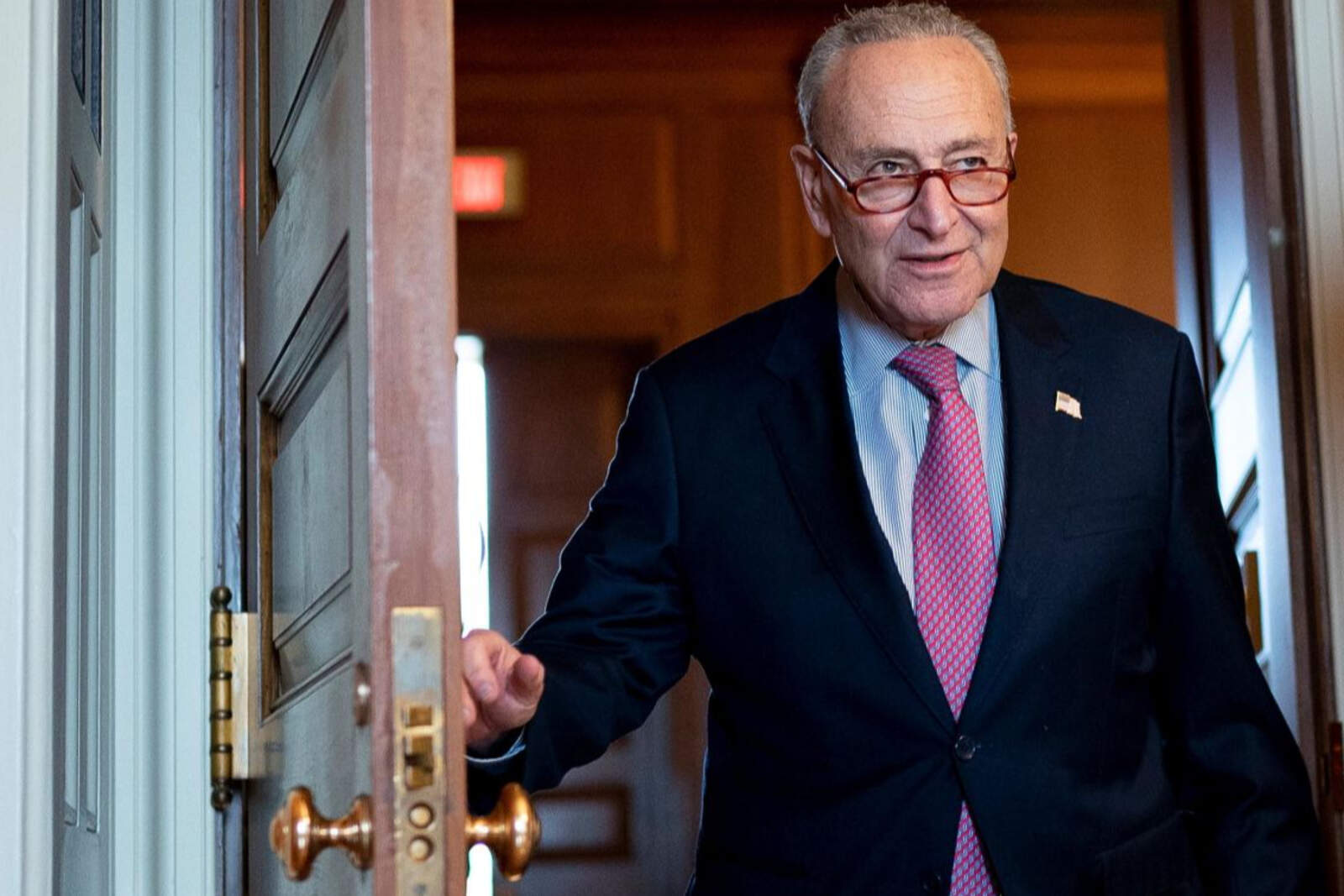
Republicans have not yet reached an agreement on the magnitude of the public spending cuts. The differences between the House of Representatives and the Senate amount to hundreds of billions of dollars.
Among the options being considered by Republican leaders is establishing a spending cap of $1.5 billion for the Senate Finance and House Ways and Means Committees.
Additionally, they are evaluating an accounting strategy that would eliminate the deficit impact of extending the tax cuts approved by Trump in 2017, whose real cost is $3.8 billion.
Majority leader Thune knows there is significant resistance from House conservatives and insists to his Senate colleagues that it is essential to approve this resolution as soon as possible to move on to the next legislative phase, which would be the debate in the lower chamber of what was approved in the upper chamber between today and tomorrow, Saturday.

